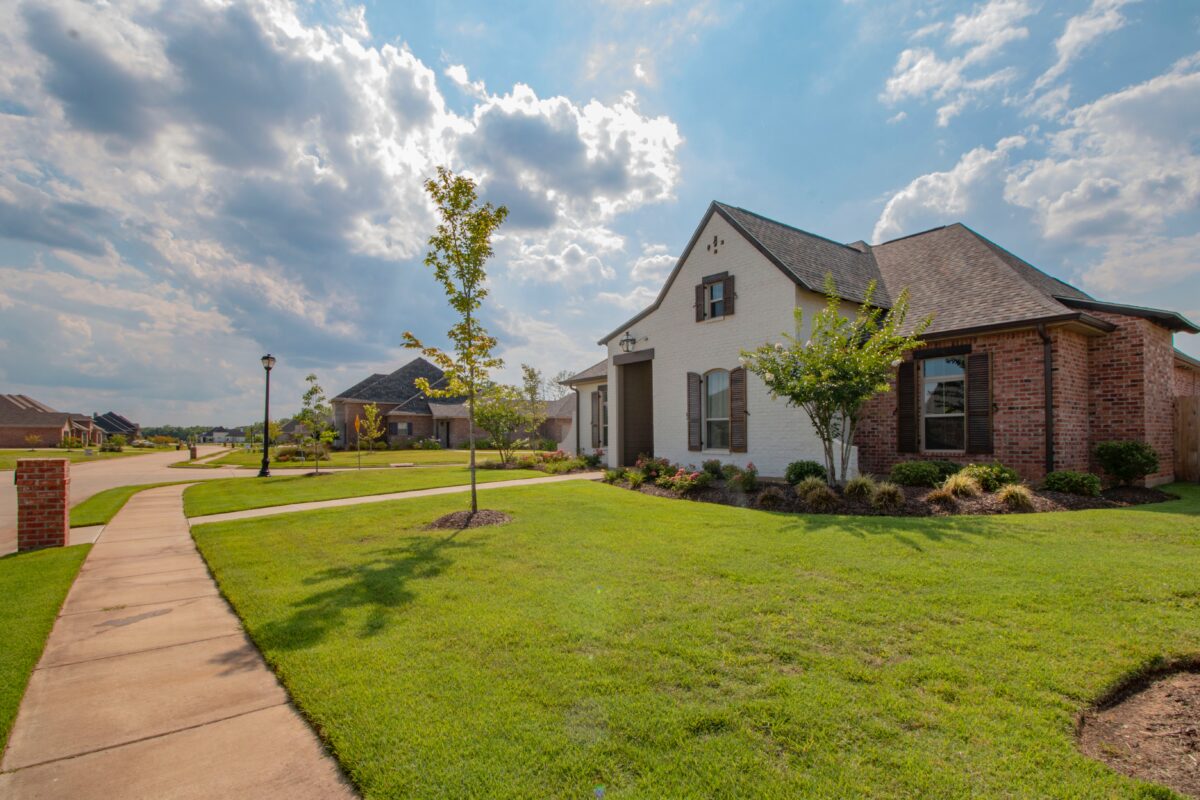Income Needed To Afford A House In 2022 Vs. 2020 Shows How Much Havoc Inflation Has Caused

It’s the word that’s on the tip of everyone’s tongue right now: Inflation.
Inflation is the dominant storyline of 2022, with consumers feeling the squeeze in their wallets.
Inflation isn’t budging from 40-year highs. The Fed continues to raise interest rates in an attempt to level out pricing throughout the economy. Their forecast calls for more interest rate increases, with no signs of bottoming out quite yet.
The sting is in all parts of everyday life: The S&P 500 had its worst first half of the year since 1970. In some parts of the country, gas below $5 a gallon feels like a bargain. Food prices have spiked 11.4% over the past year, according to data released in early September by the Bureau of Labor Statistics. This marks the largest increase since May 1979. Grocery prices jumped 13.5% – chicken alone now costing 16% more than the same period in 2021 – and restaurant menu prices have increased 8% in that period.
Housing prices in major metropolitan areas, meanwhile, hit record highs earlier this year. Prices are starting to decline from their May peak, with some estimating that housing prices will decline up to 20% over the coming year. With rising borrowing costs, the average rate for a 30-year mortgage hit 6.7% in late September, raising affordability issues for homebuyers – especially first-time homebuyers.
As CNBC explains, a $300,000 mortgage at 6.5% over 30 years means that monthly payments for principal and interest only would be $1,896 vs. $1,264 at 3% just a year ago.
Ouch.
Meanwhile, the median home price in the United States, as of earlier in September, is $413,500. It’s significantly higher in other regions, with an average home price over $800,000 in Seattle, Los Angeles, San Diego, San Franciso, and San Jose.
Income Needed To Afford A House In 2022 Vs. 2020
So how much money do you need to earn, annually, to own a home in the top 15 metros with red hot housing markets?
In many instances, almost 2x what was needed last year.
Double ouch.
A post on Reddit’s r/WallStreetBets illustrated the dramatic income increase needed to afford a home in 15 of the hottest housing markets.
Cities like Austin, Texas and Charlotte, North Carolina have seen pronounced rises.
What is happening. pic.twitter.com/4V0ZlYl0Kk
— Ndamukong Suh (@NdamukongSuh) September 26, 2022
Meanwhile, wages have only increased about 8% since January 2021.
The housing market starting to cool thanks to the Fed’s interest rate hikes is certainly some welcome relief.
But the bad news: Wages aren’t raising fast enough for it to mean anything material to the average person.
Shot, chaser.
If median home values had risen in line with median wages since the 1970s, the median home value in the US today would be $133,786. 🤯
(It's $433,110 today.)
— Money with Katie (@moneywithkatie) September 26, 2022